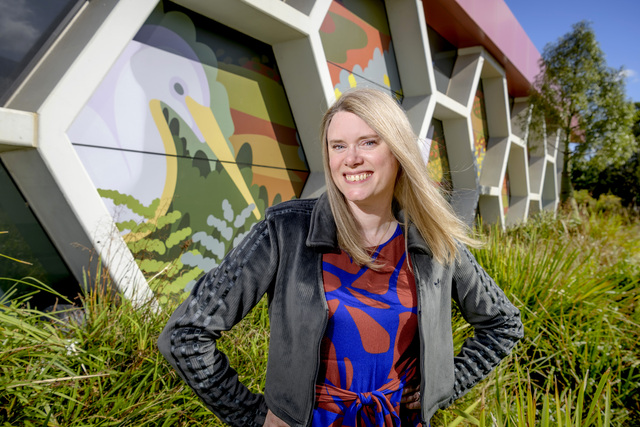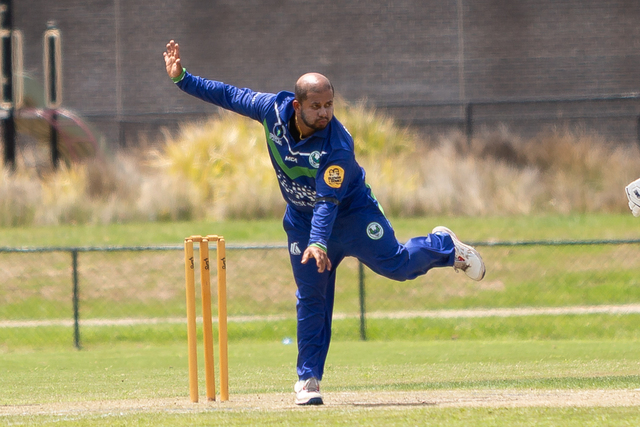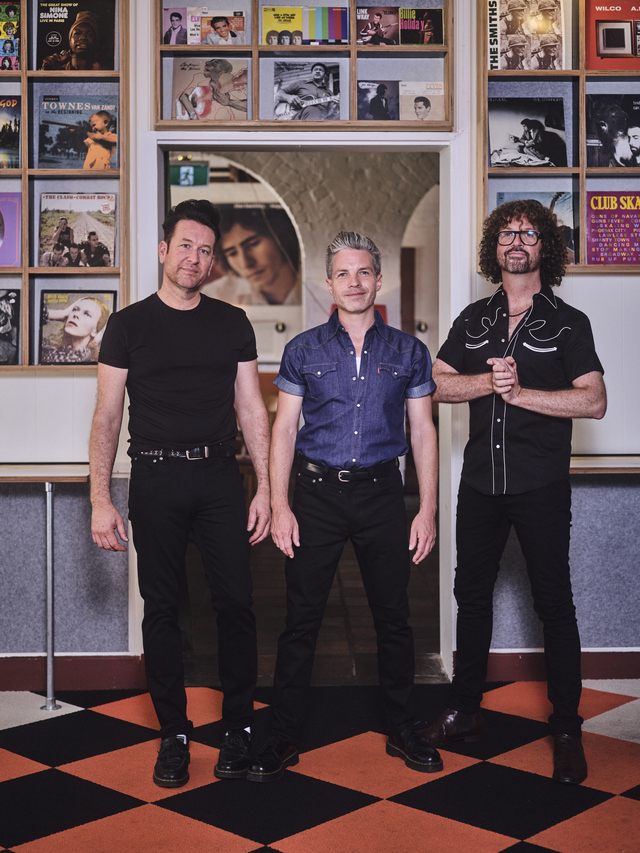SHE first noticed the sharp pain hovering around her stomach and then the excessive bloating.
Roz Corban had been eating well, exercising religiously and losing weight, yet her middle region felt swollen.
The Bacchus Marsh resident consulted a doctor. An ultrasound revealed a solid mass in her left ovary, but doctors told her it was benign.
In September 2010, she was operated on to remove the tumour. Then came the shock. The memory is hazy, she was nodding in and out of the anaesthetic, but Ms Corban remembers being told she had ovarian cancer.
“My husband’s head went down,” she said. “When I woke up I realised I would soon be going through menopause at 40.”
Doctors gave her a full hysterectomy, took lymph nodes from her left groin and removed her stomach’s lining – the area the cancer could have spread to next.
Ms Corban, a mother of three teenagers, soon began rigorous chemotherapy sessions.
“It was the most awful experience of my life, feeling the coldness seeping up my arm. It was the shock of having cancer.”
Her hair started to fall out within a week of the first treatment, so she shaved it in a moment of defiance.
“I had six cycles of chemo, each time suffering extreme bone pain.”
Ms Corban was put on heavy pain medication and said the support form family and friends was invaluable.
“My daughter was going through her VCE at the time and she was wonderful, helping to shower me. All of my kids, and my husband, were so important.”
Her craft group stitched together a teal quilt, “a symbol of their support,” she said.
Last Wednesday was Ovarian Cancer Australia’s Teal Ribbon Day.
According to OCA, more than 1200 Australian women will be diagnosed with the disease this year. About 800 will die.
Chairwoman Paula Benson says it’s important that women know their own bodies and stay vigilant.
The most common symptoms are abdominal or pelvic pain, abdominal bloating, frequent urination and feeling full quickly.
Ms Corban now takes part in medical tests and research for the disease, and raises funds for the cause.
“There’s a lot of breast cancer publicity, but 95 per cent survive it after five years, while only 48 per cent survive after five years of ovarian cancer.
”If you have any of the symptoms go to your doctor and push for tests.”
Details: ovariancancer.net.au

















